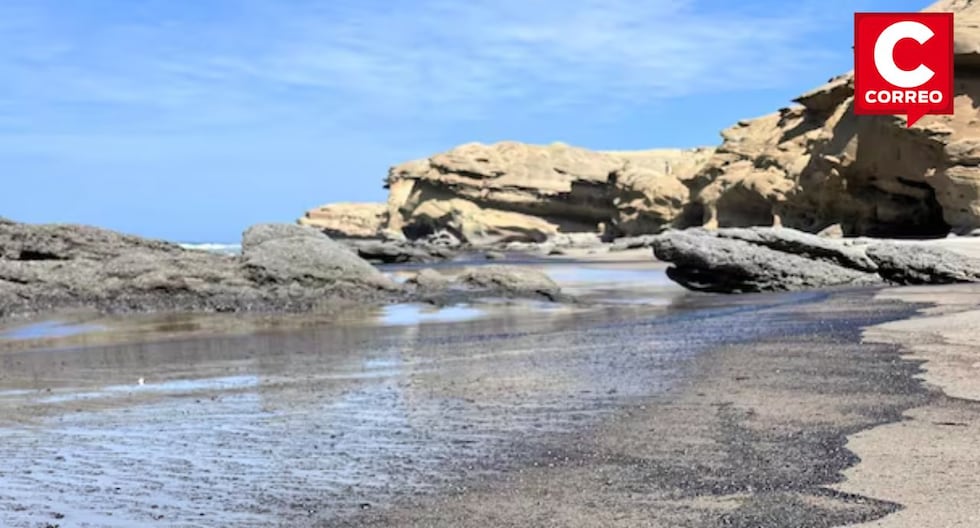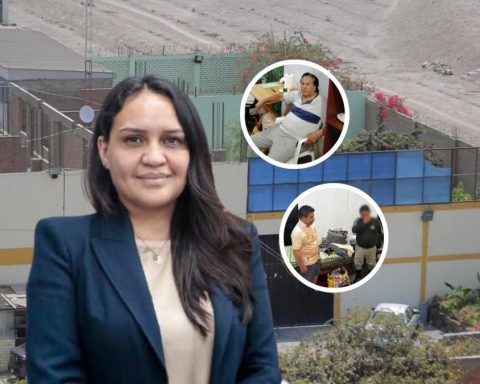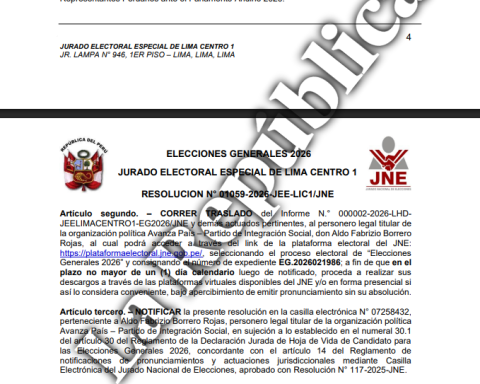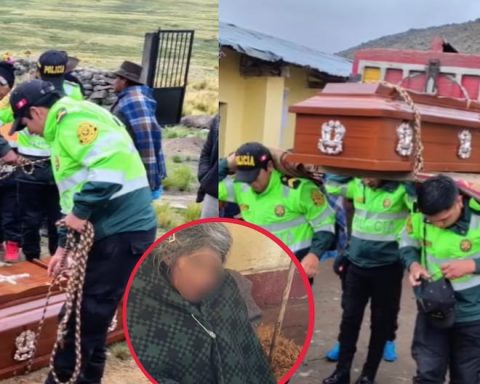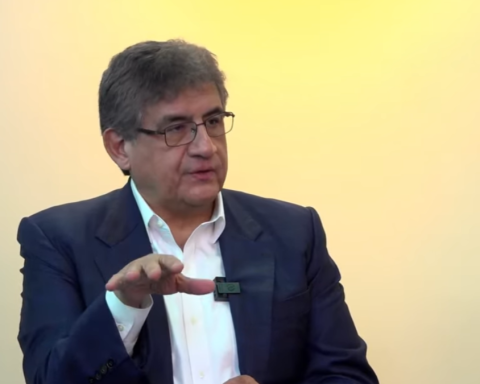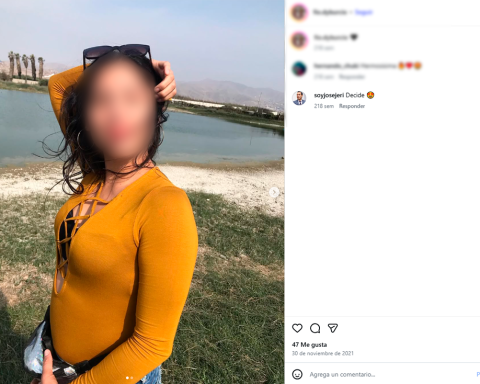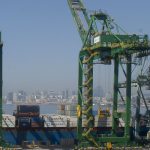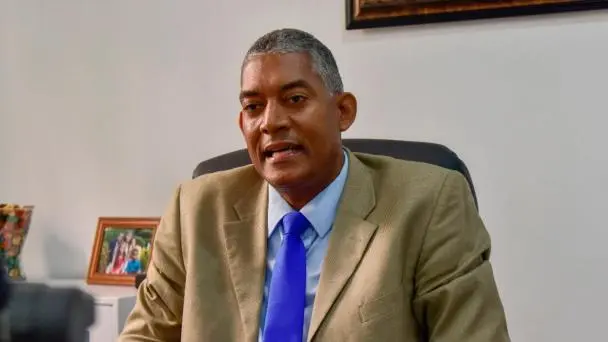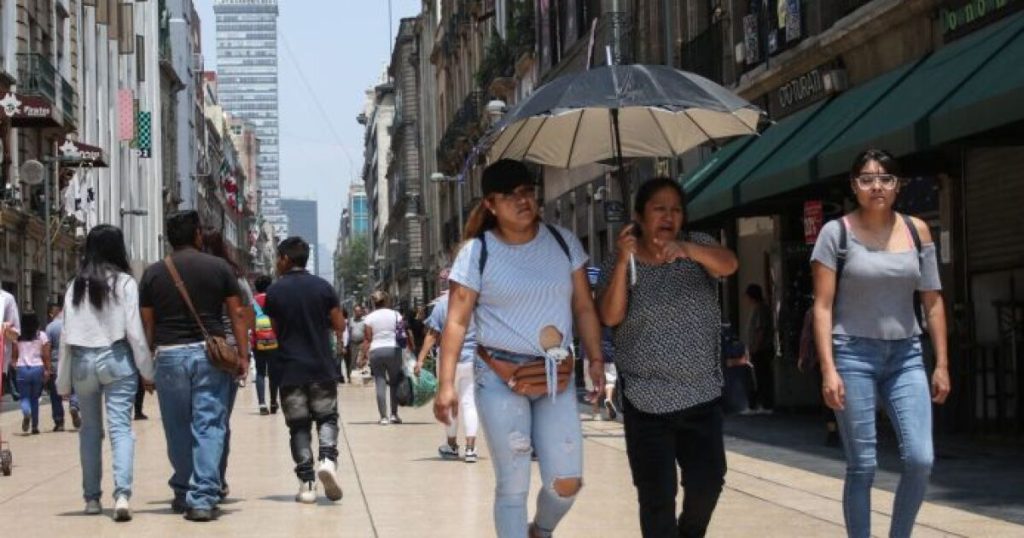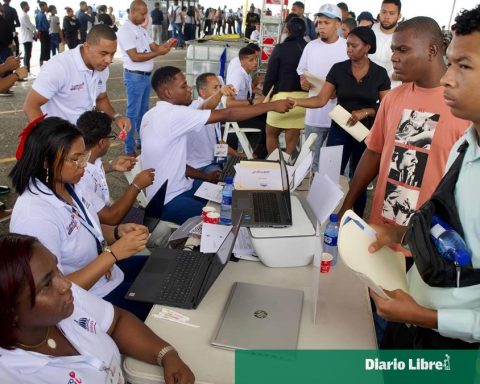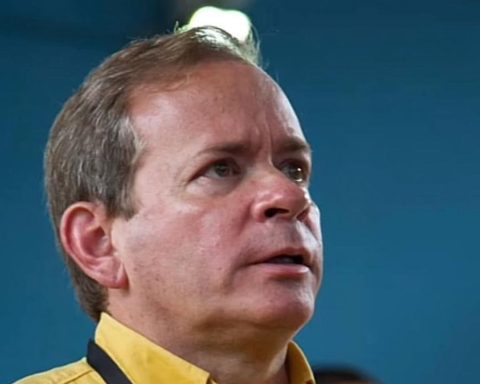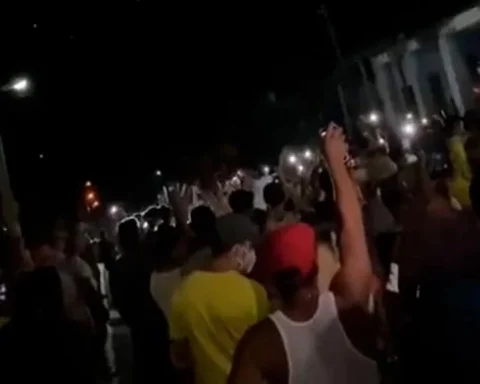The oil spill on the beaches of Talara continues to generate serious consequences for local fishermen and businessmen. While Petroperú assures that the waters are “100% clean,” leaders in the area, such as Darío Carreño, denounce that pollution is advancing towards more beaches, affecting both the ecosystem and the economy.
“I would invite Óscar Vera to take him to Capullanas. I pick him up myself from the Talara Airport and bring him to Lobitos so he can bathe in the crystal clear waters that he says. It is a complete mockery, misinforming people because they say that Lobitos is with the crystal clear waters when that is not the case. “All the species of fauna on the marine coast are dying,” commented Darío Carreño, president of the Lobitos Transporters’ Guild to RPP.
Artisanal fishing, a key activity in Lobitos, has been paralyzed since Saturday, leaving more than 300 fishermen without income in the middle of the high season. Likewise, restaurants and tourist businesses fear great losses on these festive dates, due to the environmental impact and the distrust of visitors.
SPDA contradicts Petroperú: Talara beaches still have damage from oil spill
The environmental damage caused by the oil spill on the beaches of Talara, Piura, could take longer to be repaired, warned Jean Pierre Araujo, legal advisor for Marine Governance of the Peruvian Society of Environmental Law (SPDA).
During an interview on RPP, he pointed out that superficial cleaning does not imply the recovery of the ecosystem, since biological processes and long-term restoration plans will be necessary.
“Sole containment or cleaning, whether we do not see hydrocarbon superficially in the sea or the shores, does not mean that the ecosystem is already restored, because there will be biological processes that will have to be monitored by the authorities that will generate then a restoration plan”, express.
In addition, Araujo warned about the extension of pollution towards Cabo Blanco, a key area for its marine biodiversity and activities such as fishing and ecotourism, affecting nearly 10,000 square meters.
For their part, the artisanal fishermen of Cabo Blanco denied the statements of the Petroperú manager, Óscar Vera, who assured significant progress in the cleanup. According to Jesús Llenque, representative of the fishermen, the work carried out has not eliminated the remains of oil absorbed by the sand, leaving pollution still present in the area.
